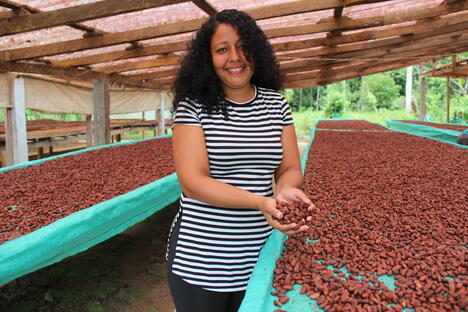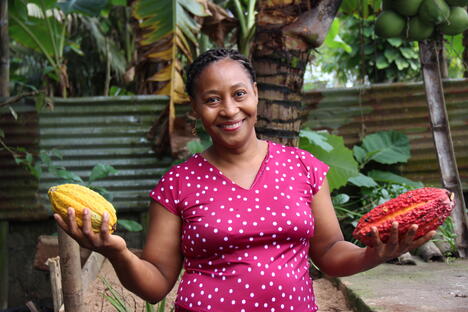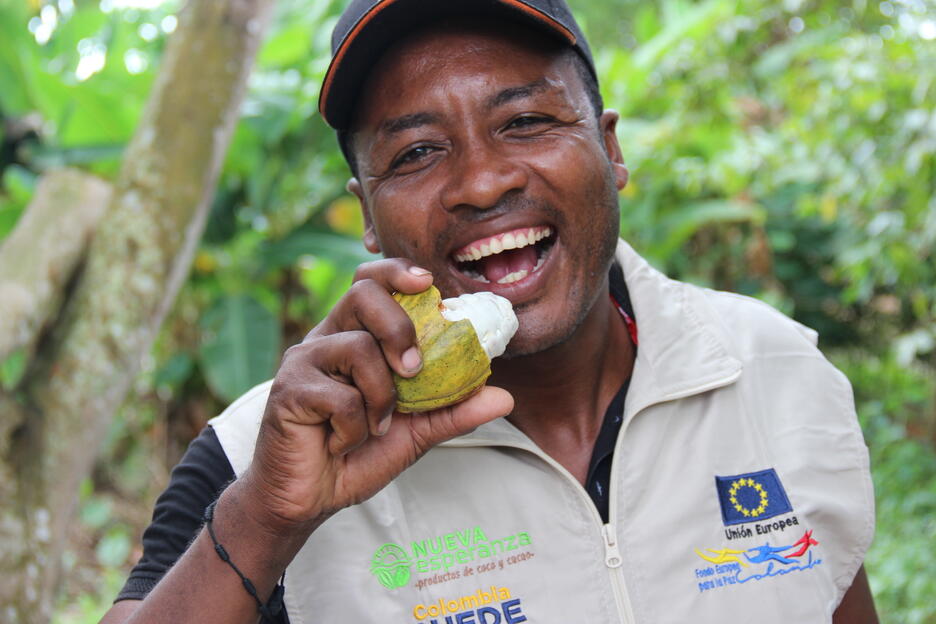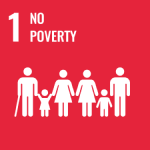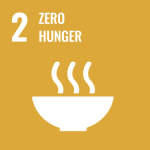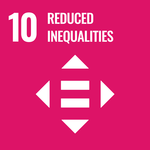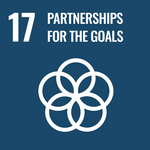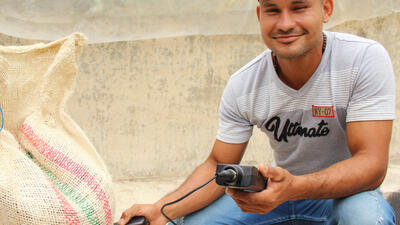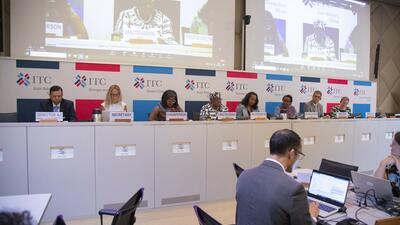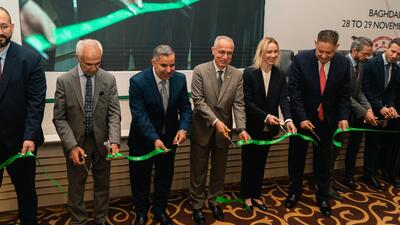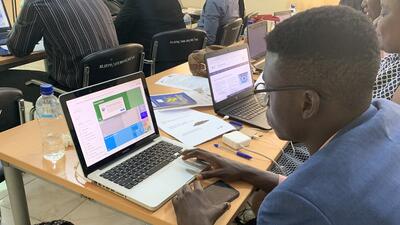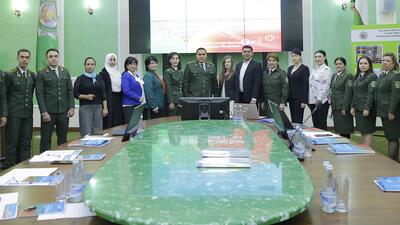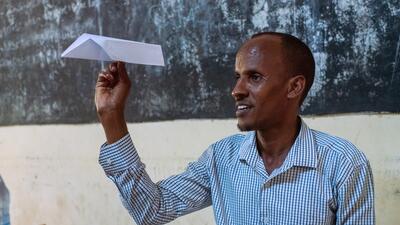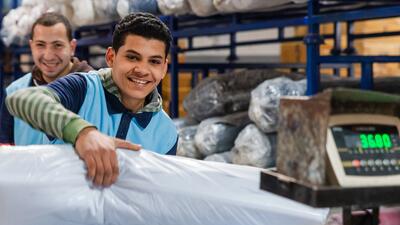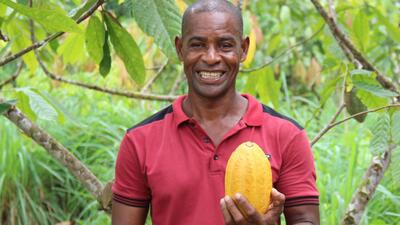
Case study: The fruits of peace - From Colombia to the world
The ‘four Cs’ – COVID, climate, conflict and cost-of-living – greatly tested small businesses around the world and set back the Sustainable Development Goals. This case study, from the ITC Annual Report 2022, highlights how the International Trade Centre helped entrepreneurs find new ways to prosperity through trade.
The challenge
Luz Denis Gómez is a 34-year-old rural dweller who owns a small plot of land in the community of Limonar, Leiva, Department of Nariño in southwestern Colombia. This is a region where the effects of the armed conflict are still felt, and poverty and disenfranchisement remain high.
Gómez used to dedicate her time to housework and to basic agricultural activities caring for the Tahiti lime trees she had planted years before on her land. But she had limited knowledge and technical capacities for production, marketing or collective organization, so she would simply collect the fruit and sell it to local, informal intermediaries who occasionally passed by her village.
Much like Gómez, other smallholders in the area had very low productivity, lacked environmental awareness and did not understand market requirements. The situation for most of these smallholders was similar: the price paid for their produce was very low, but these sales generated a small income they could not afford to miss, even if the conditions were disadvantageous.
Despite having created farmer associations such as Gómez’s own Asoprocal, farmers in the area remained subject to the market power of intermediaries. Not only was their produce inferior in quality, consistency and volume, due to years of conflict and violence they lacked trust in each other and could not agree how to work together.
The solution
In early 2019, ITC invited Gómez and her association to participate in Colombia PUEDE, a project financed by the European Trust Fund for Peace in Colombia. This project aimed to improve the livelihoods of more than 2,000 smallholders in Nariño by enhancing their competitiveness and increasing their sales in national and international markets. Asoprocal was one of 20 farmer associations in the Department of Nariño benefiting from the project.
With the support of Colombia PUEDE, between 2019–2022, Gómez and the other smallholders enhanced their knowledge and technical capacities for production and post-harvest handling, including pest management, food safety and quality control, packaging and processing. To complement these capacities, the project invested in the infrastructure, equipment and tools necessary to increase productivity and facilitate quality certification.
Gómez and her peers improved their collective organization, business management and negotiation capacities. Groups of committed farmers were trained as managers, and the associations established agribusiness and financial management committees. Farmer-led technical sustainability units were created to provide technical services to farmers within and outside their own organizations.
To facilitate commercialization and provide much-needed cash flow to farmers, the project established a revolving seed capital programme managed by each association. In parallel to this work, farmer organizations met and developed commercial relationships with large national buyers and exporters.
The results
Due to their hard work and commitment, Gómez and 349 other producers – including 144 women – from 11 associations exported their products for the first time, reaching a total volume of nearly 3,200 tons. An additional 1,789 farmers (496 women) secured business transactions within national value chains under much more favourable conditions thanks to 16 strategic commercial alliances established through the project.
These results were made possible because the project dedicated important resources to enhance the agricultural practices of farmers, which led to a 200% increase in productivity and rejection rates as low as 10% for export-quality produce. Likewise, Colombia PUEDE facilitated the issuance of 332 certifications for export, including national and international quality and sustainability standards such as GLOBALG.A.P., Organic Certificate and Fairtrade.
Farmers are now working more closely and creating alliances with other associations in a bid to consolidate larger volumes and gain market power. The professionalization of managers and leaders such as Gómez means the associations are stronger and have won the trust of their members. Like her, farmers in the area no longer sell poor quality limes to local intermediaries. They are now exporting certified organic limes at prices four times higher than before. This means that the average income of project beneficiaries increased by 247%.
The future
The capacities developed and infrastructure received by Gómez and other beneficiaries will serve to achieve more certifications, obtain new and better commercial alliances, and, above all, motivate other producers to continue betting on the productive development of Colombian rural areas.




